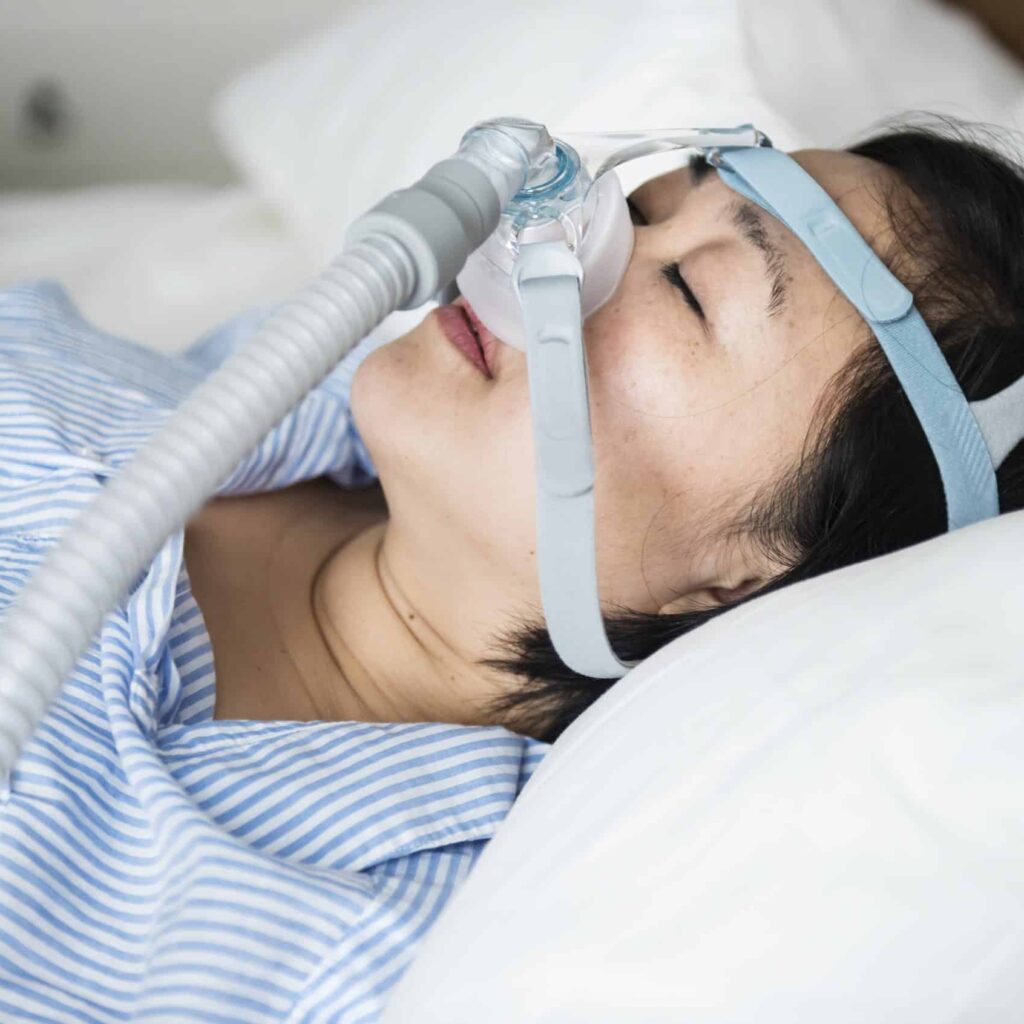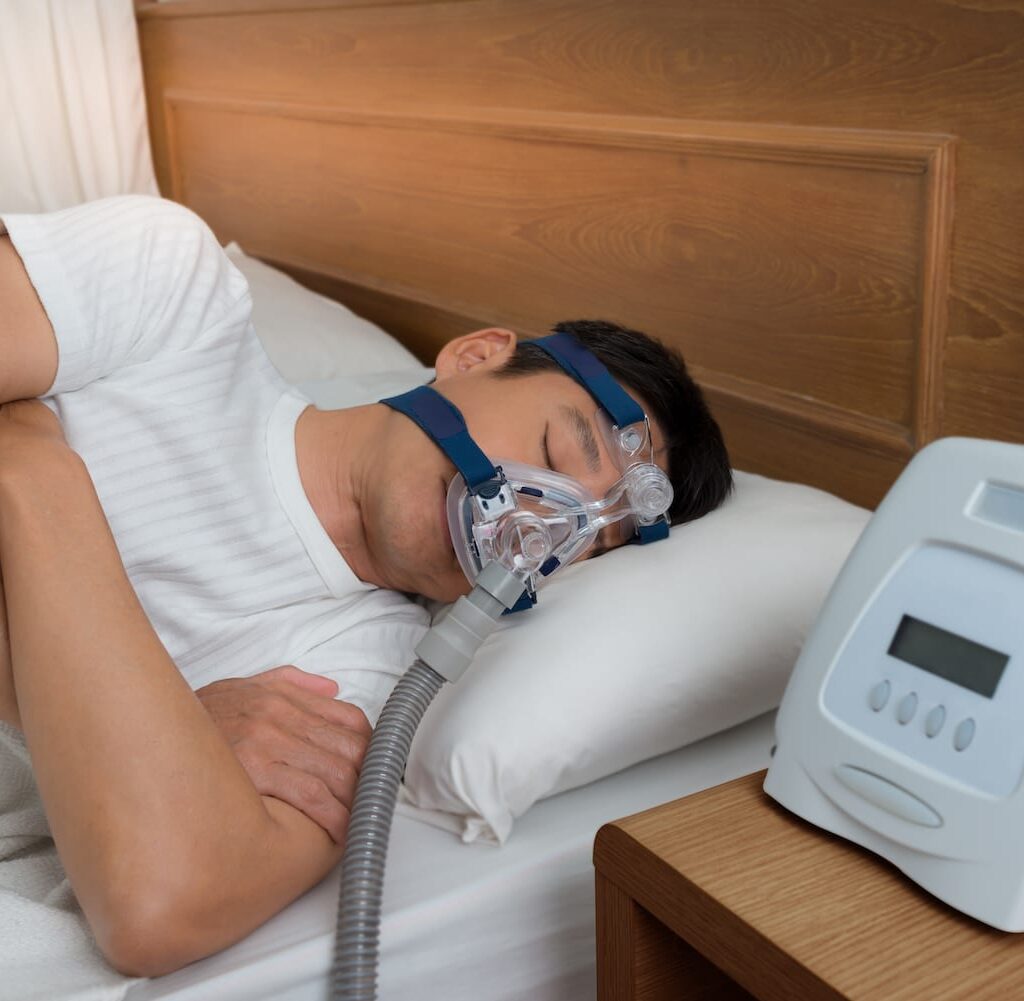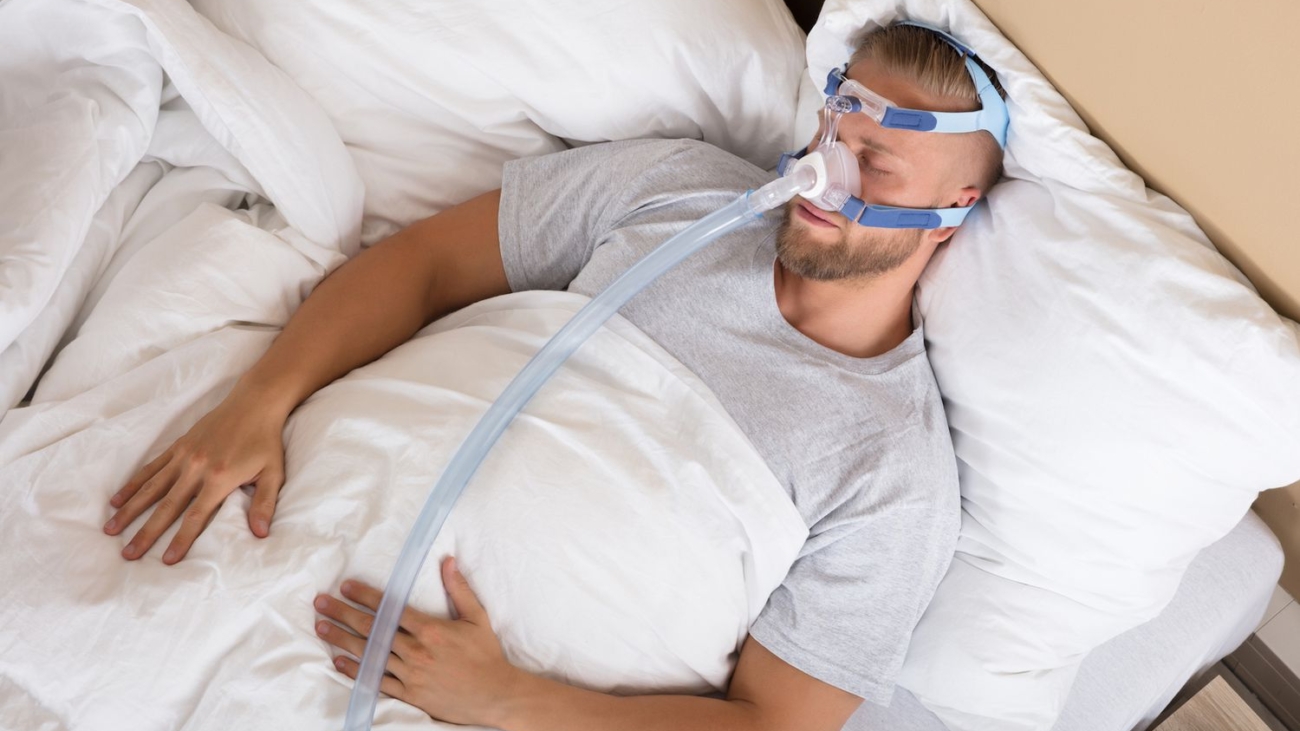Understanding CPAP Machines
A Continuous Positive Airway Pressure (CPAP) machine is a medical device designed to help individuals who suffer from obstructive sleep apnoea (OSA). This condition occurs when the throat muscles intermittently relax and block the airway during sleep, leading to disrupted breathing and poor sleep quality. The CPAP machine delivers a steady stream of air through a mask, keeping the airway open and allowing for uninterrupted sleep.
While CPAP machines are widely recommended, they are not suitable for everyone. Understanding the signs that indicate a need for this device is crucial for those who suspect they may have sleep apnoea or related issues.
Patients often report a range of symptoms that may suggest the presence of OSA, including excessive daytime sleepiness, loud snoring, and episodes of choking or gasping during sleep. These symptoms can significantly impact daily life, affecting concentration, mood, and overall health. In addition to the immediate effects on sleep quality, untreated sleep apnoea can lead to more serious health complications, such as cardiovascular problems, high blood pressure, and an increased risk of stroke. Therefore, recognising these signs and seeking appropriate medical advice is vital for anyone experiencing such issues.
Moreover, the journey to finding the right CPAP machine can be a personalised experience, as there are various types and models available, each catering to different needs and preferences. Some individuals may prefer a full-face mask, while others might find a nasal mask more comfortable. Additionally, modern CPAP machines often come equipped with advanced features such as humidifiers and pressure adjustments, enhancing the overall user experience. It is essential for users to work closely with healthcare professionals to determine the most suitable option, ensuring that they receive the maximum benefit from this life-changing device.

Common Symptoms of Sleep Apnoea
Identifying sleep apnoea can be challenging, as many symptoms may be overlooked or attributed to other factors. However, certain signs can signal the need for further evaluation and possibly a CPAP machine.
Excessive Daytime Sleepiness
One of the most prevalent symptoms of sleep apnoea is excessive daytime sleepiness. Individuals may find themselves feeling unusually tired during the day, even after a full night’s sleep. This fatigue can affect daily activities, work performance, and overall quality of life.
Those suffering from this condition often experience difficulty concentrating, mood changes, and a general lack of energy. If daytime sleepiness is impacting daily life, it may be time to consult a healthcare professional.
Loud Snoring
Loud snoring is often a significant indicator of sleep apnoea. While not everyone who snores has sleep apnoea, loud and persistent snoring, especially when accompanied by gasping or choking sounds, can be a warning sign. It is advisable for partners or family members to monitor snoring patterns, as they can provide valuable insights into the severity of the issue. Learn more about severity severity at https://pmc.ncbi.nlm.nih.gov/articles/PMC6095830/
In some cases, snoring may lead to strained relationships or disrupted sleep for those sharing a bed. Addressing the underlying cause can improve both sleep quality and interpersonal dynamics.
Morning Headaches
Frequent morning headaches can also be a symptom of sleep apnoea. These headaches often occur due to oxygen deprivation during sleep, leading to tension and discomfort upon waking. If headaches are a regular occurrence in the morning, it may be time to seek medical advice.
Recognising this symptom alongside others can help in the early detection of sleep apnoea, allowing for timely intervention and treatment.
Risk Factors for Sleep Apnoea
Understanding the risk factors associated with sleep apnoea can help individuals identify whether they may be at a higher risk of developing the condition. Certain lifestyle and health factors can contribute significantly to the likelihood of experiencing sleep apnoea.
Obesity
Obesity is one of the most significant risk factors for sleep apnoea. Excess weight, particularly around the neck, can put pressure on the airway, leading to blockages during sleep. Individuals with a body mass index (BMI) of 30 or higher are at an increased risk.
Weight loss can often alleviate symptoms, and in some cases, may even eliminate the need for a CPAP machine. However, a healthcare professional should always be consulted to determine the best course of action.
Age and Gender
Age and gender also play a crucial role in the likelihood of developing sleep apnoea. Men are more likely to suffer from the condition than women, although the risk for women increases after menopause. Additionally, the prevalence of sleep apnoea tends to increase with age, making older adults more susceptible.
Awareness of these factors can prompt individuals to seek evaluation sooner, especially if they fall into a higher-risk category.
Family History
A family history of sleep apnoea can significantly increase an individual’s risk. Genetic factors may contribute to the likelihood of developing the condition, making it essential for those with a family history to be vigilant about their sleep patterns and symptoms. To learn more about Genetic click here.
Discussing family history with a healthcare provider can provide valuable insights and help determine the need for further testing or intervention.

When to Seek Medical Advice
Recognising the signs and symptoms of sleep apnoea is the first step; however, knowing when to seek medical advice is equally important. If any of the symptoms mentioned above are present, it is advisable to consult a healthcare professional.
Sleep Studies
A sleep study, or polysomnography, is often recommended to diagnose sleep apnoea. This overnight test monitors various physiological parameters, including breathing patterns, oxygen levels, and heart rate during sleep. The results can provide a clear picture of whether a CPAP machine or other treatment options are necessary.
In some cases, home sleep tests may also be available, allowing individuals to monitor their sleep patterns in the comfort of their own homes. However, a healthcare provider should guide the choice of testing method.
Consulting a Specialist
Consulting a sleep specialist can provide valuable insights into sleep health. These professionals can offer tailored advice and treatment options based on individual needs and circumstances. They may also recommend lifestyle changes or alternative therapies, depending on the severity of the condition.
Engaging with a specialist can help demystify the process and provide reassurance to those experiencing sleep-related issues.
Benefits of Using a CPAP Machine
For those diagnosed with sleep apnoea, a CPAP machine can offer numerous benefits that significantly improve quality of life. Understanding these advantages can help individuals make informed decisions about their treatment options.
Improved Sleep Quality
One of the most immediate benefits of using a CPAP machine is improved sleep quality. By ensuring a continuous flow of air, the device prevents airway blockages, allowing for uninterrupted sleep cycles. This can lead to feeling more rested and alert during the day.
Many users report a noticeable difference in their overall well-being after starting CPAP therapy, including enhanced mood and cognitive function.
Reduced Health Risks
Untreated sleep apnoea can lead to serious health complications, such as cardiovascular issues, high blood pressure, and diabetes. By using a CPAP machine, individuals can significantly reduce these risks, promoting better long-term health outcomes.
Regular use of a CPAP machine can also lead to lower healthcare costs associated with managing chronic health conditions, making it a worthwhile investment in one’s health.
Enhanced Daytime Functioning
With improved sleep quality comes enhanced daytime functioning. Individuals using a CPAP machine often experience increased energy levels, better concentration, and improved productivity. This can positively impact both personal and professional aspects of life.
Overall, the benefits of using a CPAP machine extend far beyond just improved sleep, influencing various facets of life and well-being.
Conclusion
Determining whether a CPAP machine is right for an individual involves recognising the symptoms and risk factors associated with sleep apnoea. By seeking medical advice and undergoing appropriate testing, individuals can make informed decisions about their sleep health.
For those diagnosed with sleep apnoea, a CPAP machine can provide significant benefits, leading to improved sleep quality, reduced health risks, and enhanced daytime functioning. Ultimately, prioritising sleep health is essential for overall well-being, and addressing sleep apnoea can lead to a healthier, more fulfilling life.
Other resources: Maintaining CPAP Machines Australia Proven Tips for Long-Lasting Use

